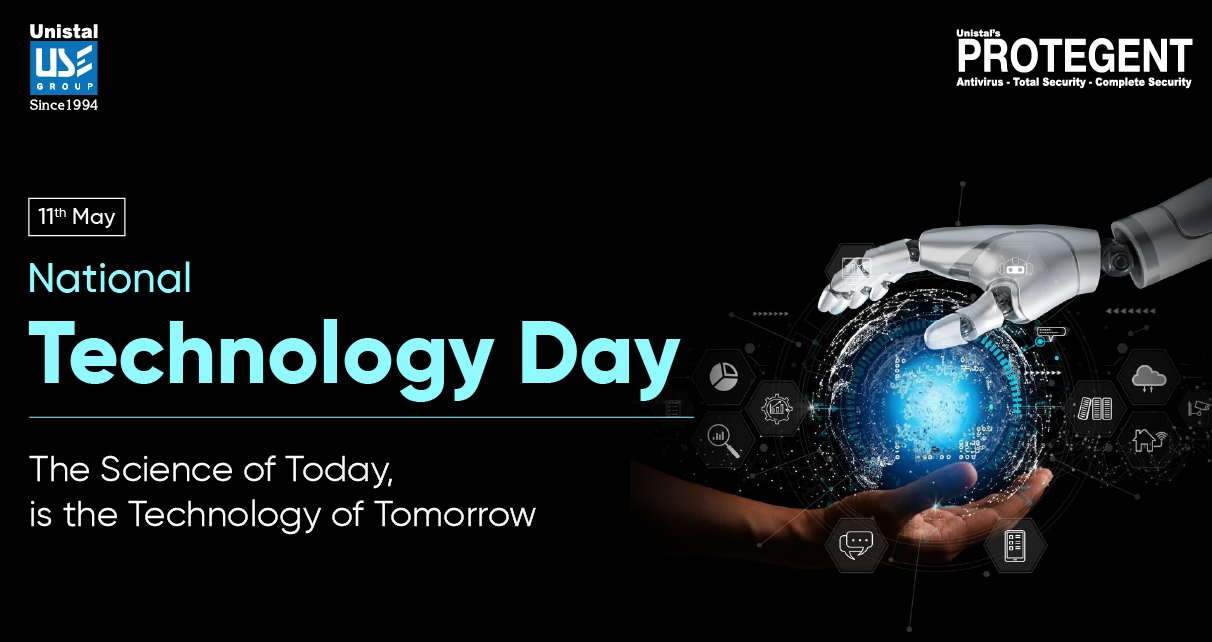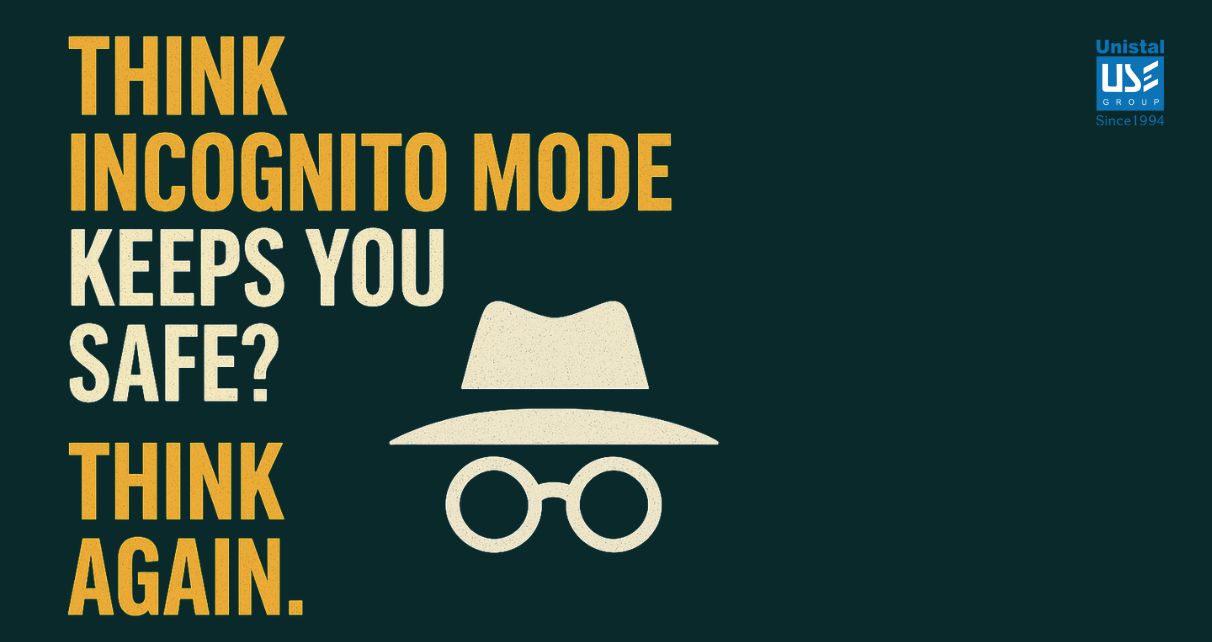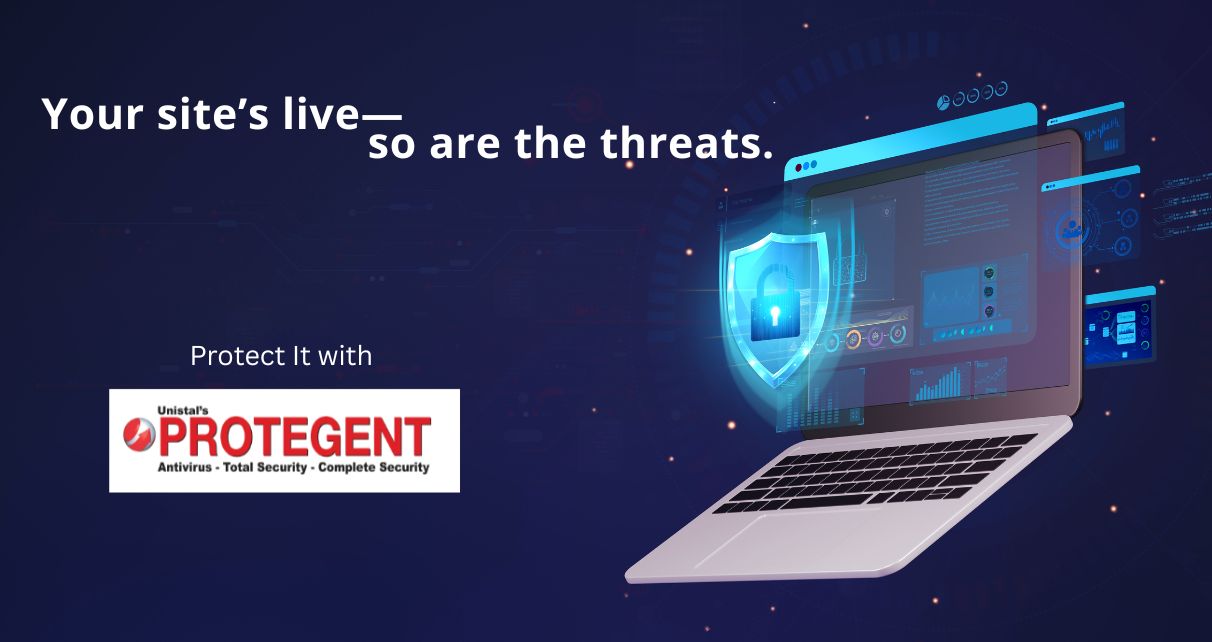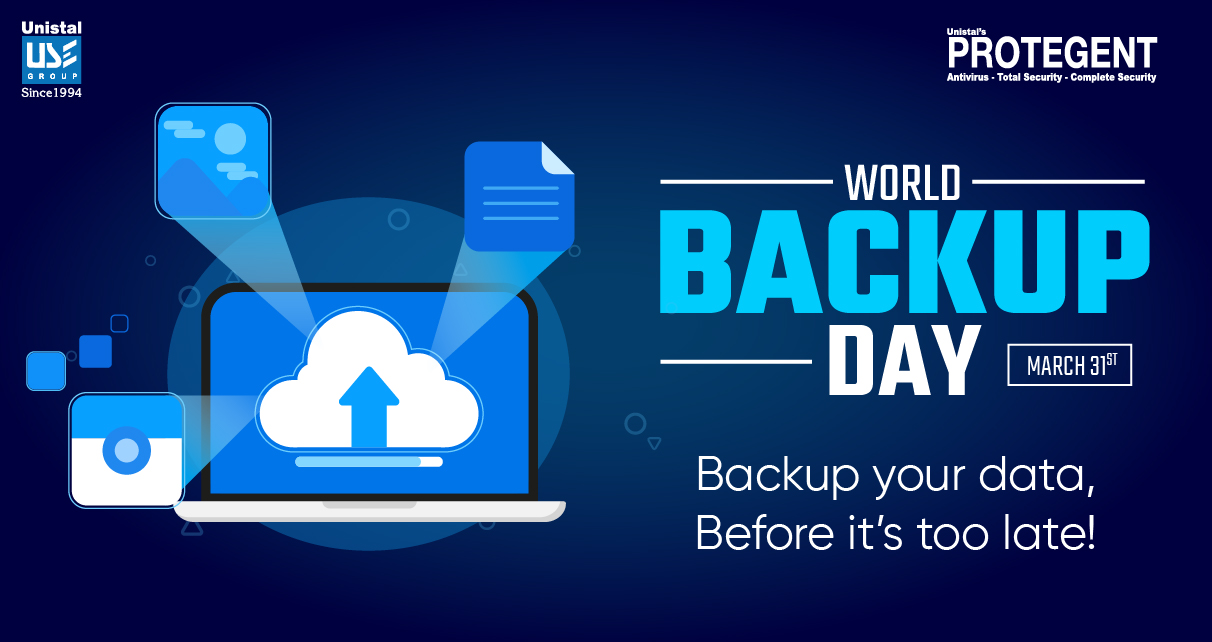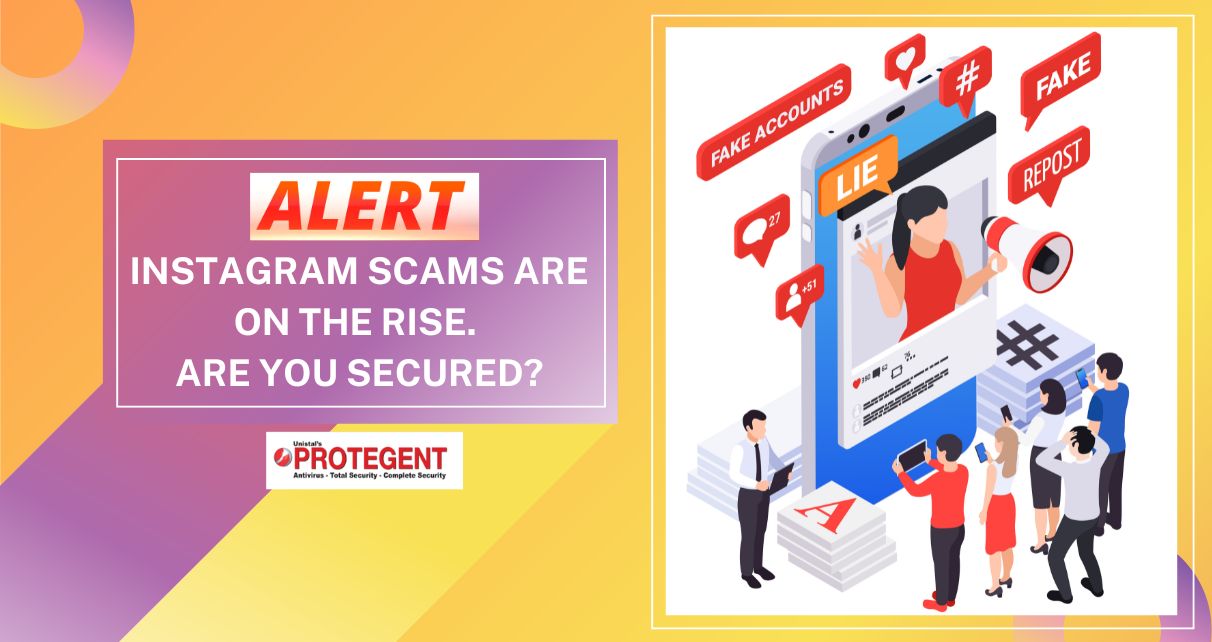Celebrating India’s Tech Rise: From Innovation to Cyber Resilience
Every year on May 11, India marks National Technology Day—a day rooted in pride and progress. It was on this day in 1998 that India demonstrated its scientific and technological strength through the Pokhran Nuclear Tests. But over the years, this day has evolved to symbolise something much bigger: 'India’s growing identity as a global technology leader.' From being known as the world’s back office to becoming a hub for innovation in space technology, fintech, cybersecurity, AI, and digital governance, India has come a long way. And yet, amid all the celebration and innovation, there's one element we must not forget—the importance of securing our digital journey. Let’s take a closer look at India’s progress in technology, why cybersecurity matters more than ever, and how the homegrown champions are helping secure this remarkable growth story. India's Leap into a Tech-Driven Future India's technology ecosystem
Read More

